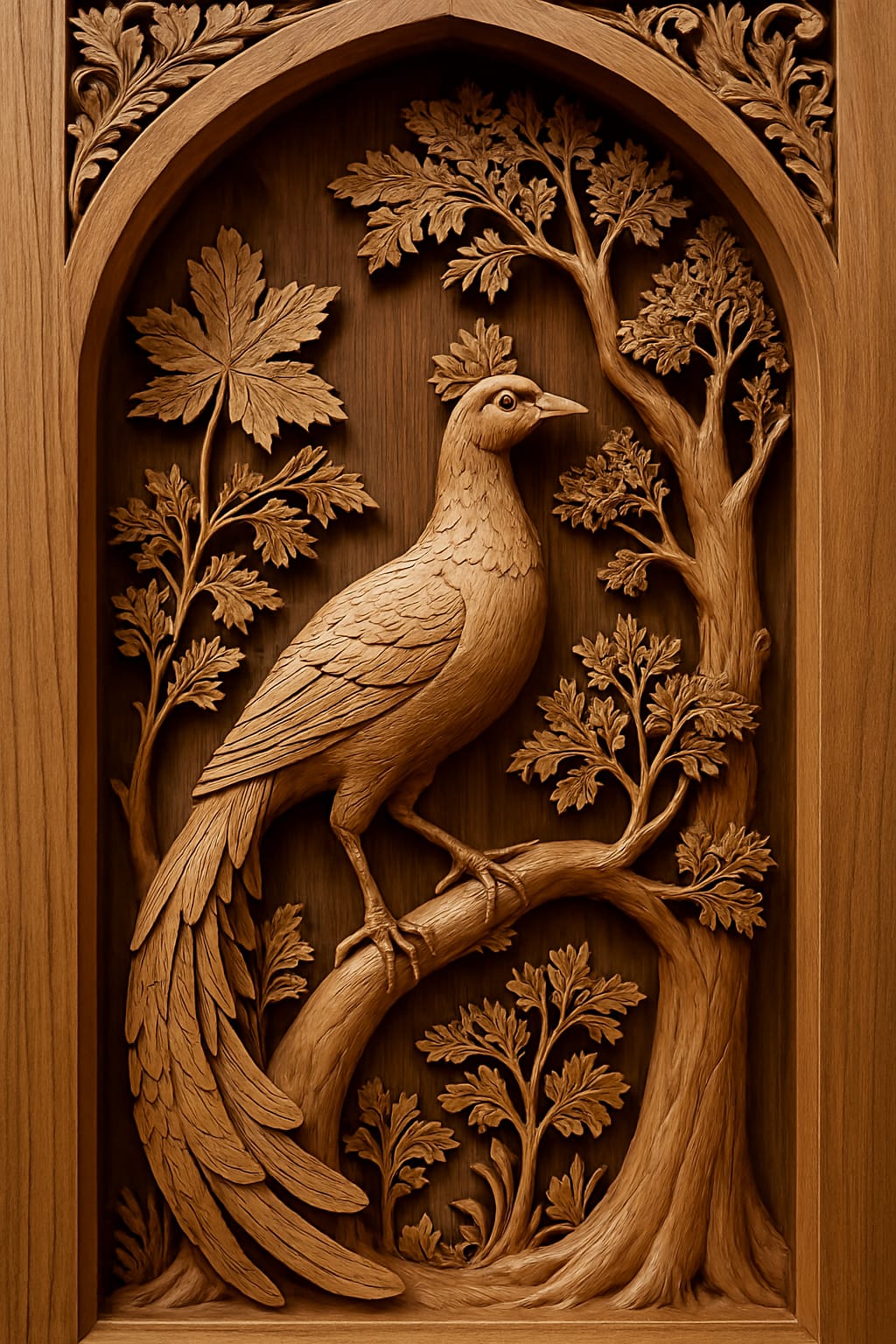From Tokyo to Toronto, wood is reclaiming its place as the soul of contemporary design. In an era defined by sustainability and emotional connection to materials, designers across the globe are turning to timber not just for its aesthetic warmth, but for its ethical and ecological value.
🔥 The Rise of “Wood Drenching”
One of the most striking trends this year is wood drenching — the immersive use of wood across walls, floors, and ceilings. This technique, popularized in Scandinavian and Japanese interiors, creates serene, cocoon-like spaces that blur the line between architecture and nature.
“We’re seeing woods come together in one space — from white oak to shou sugi ban Cypress,” says David Montalba, principal at Montalba Architects.
🌱 Sustainability as Standard
Designers are no longer treating eco-consciousness as a niche. Reclaimed wood, bamboo, and FSC-certified timber are becoming the default choices in furniture and architecture. Urban lumber — sourced from city trees — is also gaining traction for its unique grain and local story.
🛠️ Handcrafted Heritage
In contrast to mass production, 2025 celebrates the imperfect beauty of handcrafted wood furniture. Artisans are embracing raw textures, visible joints, and traditional carving techniques to create pieces that feel personal and timeless.
🧩 Mixing Old with New
A fascinating global movement is the fusion of heritage and modernity. In Europe, timber extensions to historic buildings are bridging eras — combining thermal-modified wood with sleek contemporary forms. This “marrying old with new” approach is redefining restoration as a creative act.
🏡 Warm, Characterful Interiors
Interior designers are moving away from sterile minimalism toward rich, characterful flooring. Honey-toned oak, wire-brushed textures, and larch planks are bringing depth and warmth to homes, especially in colder climates.
Usman is a contributing journalist at TWW NEWS, covering industrial design, material innovation, and global creative events with a focus on optics-safe, high-engagement reporting.

